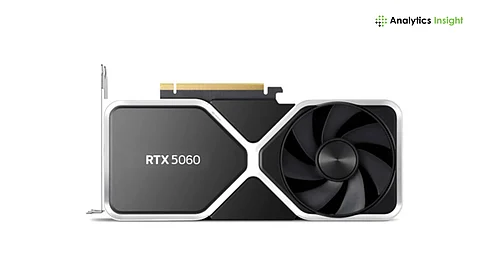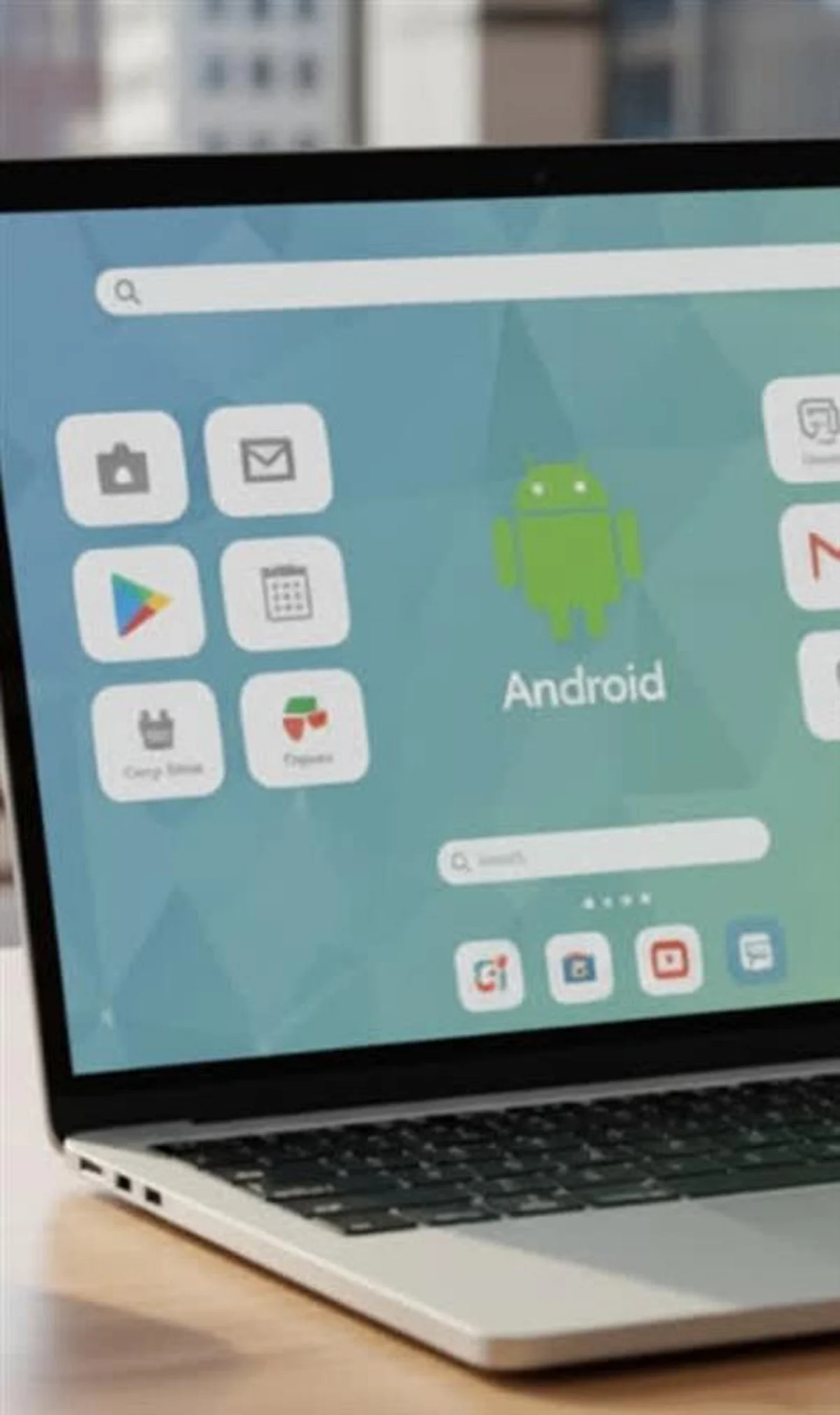On October 5, 2023, Google officially launched its Android OS for PCs, marking a significant development in the operating system landscape. This new version of Android is designed to offer users an alternative to established systems like Microsoft’s Windows, potentially reshaping the dynamics of PC operating systems.
The introduction of Android for PCs allows users to access a familiar mobile interface on larger screens, integrating applications and services in a way that caters to both casual and professional environments. This launch comes as part of Google’s ongoing strategy to expand the Android ecosystem and reach new markets.
Features and Functionality of Android for PCs
Android for PCs is built to optimize performance and usability on desktop hardware. Users can expect a streamlined interface that supports multitasking, allowing multiple applications to run simultaneously. The operating system is compatible with a wide range of existing Android applications, enhancing its appeal to users who already utilize Android devices.
In addition, Google has incorporated features aimed at improving productivity. For instance, the new system supports keyboard shortcuts and multi-window functionality, making it easier for users to switch between tasks. Integration with Google’s suite of services, including Google Drive and Google Workspace, provides seamless access to cloud storage and collaborative tools.
Market Implications and Competitive Landscape
The launch of Android for PCs raises questions about its impact on the dominance of Windows in the operating system market. Windows currently holds a significant share, but with Android’s growing popularity in mobile devices, there is potential for a shift in user preference. Microsoft has long been the leader in PC operating systems, but Google’s entry into this space could introduce new competition.
Industry analysts are closely observing this development. According to a report from Gartner, Android’s market penetration in the PC sector could reach as high as 15% by 2025, depending on user adoption rates and the effectiveness of Google’s marketing strategies. The success of Android for PCs will largely depend on how well it can differentiate itself and provide unique value compared to Windows.
Moreover, Google’s robust ecosystem, which includes the Play Store and Google Assistant, could attract users seeking a more integrated technology experience. The ability to run Android applications on PCs could also appeal to developers looking to reach a broader audience.
As the tech community evaluates the implications of this launch, it is clear that both Google and Microsoft will need to stay agile in responding to evolving consumer needs and preferences. The introduction of Android for PCs is more than just a product launch; it represents a strategic move by Google to redefine its role in the technology landscape.
In summary, the launch of Android for PCs could herald a new era in operating systems, challenging the long-standing position of Windows. As Google continues to innovate and expand its offerings, users may find themselves with exciting new options to explore in the realm of personal computing.








































































